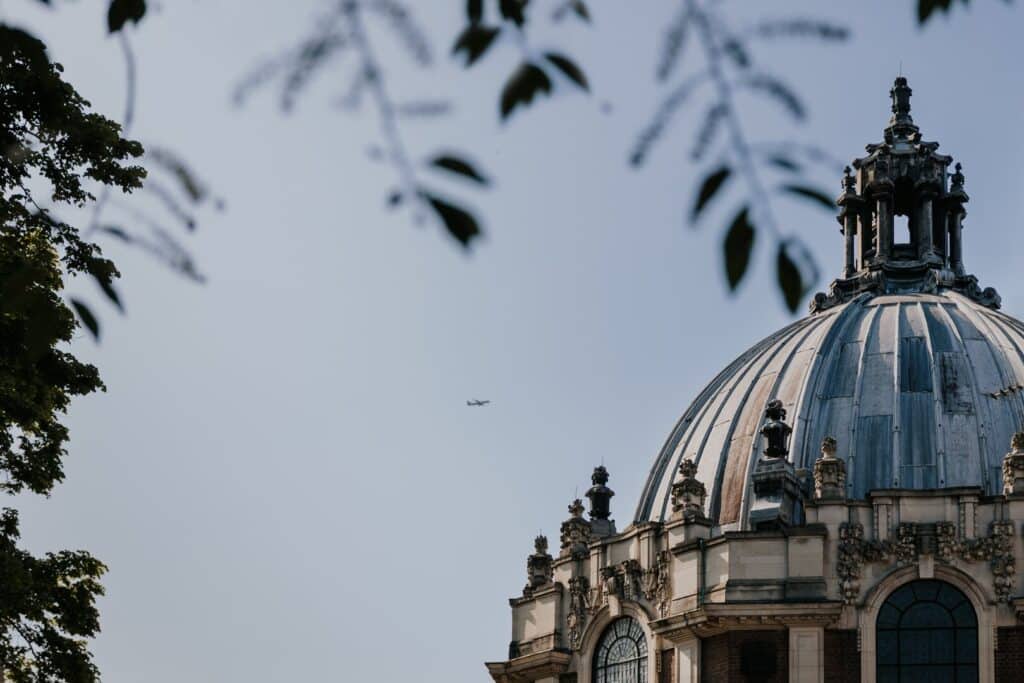Eton Law Society vs St George's School, Ascot
There was a strong turnout for the first mooting evening for many years at Eton, held in partnership with St George’s School, Ascot in the prestigious setting of Lower School, by kind permission of the Master-in-College, Dr Sillery. The case revolved around whether prisoners should have the right to vote, and how any earnings made in prison are divided between the individual and the state.
Puliti (MAG) opened the applicant’s argument for Eton, arguing passionately that the right to vote was a Human Right. He quoted the International Covenant on Civil and Political Rights, and Hirst v UK, which suggested that there wasn’t enough discretion on individual cases regarding enfranchisement. Yoo OS MS (MAG) then argued that the deduction on the levy on prisoners’ earnings was unlawful due to Article 1 Protocol 1 of the European Convention of Human Rights. He then consulted further precedent including the Prison Service Instructions, stating that there wasn’t enough discretion given to Prison Governors as to how far “exceptional circumstances” allowed the levy to be deducted.
The respondent Miss Tilley argued that Hirst v UK in fact suggests a prisoner’s right to vote is not absolute. She then quoted Scoppola v Italy which says that not only is disenfranchisement lawful, it is also proportionate to the crime. Puliti had earlier argued that the “blanket restriction” style disenfranchisement as stated in Scoppola v Italy was disproportionate and therefore unlawful. Miss Sedgewick then argued that the levy was legal according to The Prisoner’s Earnings Act 1996, and that they were proportionate under the European Convention of Human Rights. Finally, Annex B of Prison Service Instruction 76/2011 did give Governors discretion in imposing the levy, however the circumstances outlined were not sufficient in this case.
Mr Robert Palmer OE gave a well reasoned judgement, awarding the legal case to the respondent. He deemed the disenfranchisement proportionate to the crime of the applicant. Furthermore, he did not consider the European Convention of Human Rights as being legitimate enough for him to make a decision, and that ultimately it would be a Parliamentary decision as to whether the legislation should be reassessed. In regards of the levy, Mr Palmer deemed the applicant as not in exceptional circumstances, and if her children did need further help, the Local Authority should support their needs. Mr Palmer concluded by praising the advocates, none of whom had ever advocated before. Furthermore, he thought that their answers to his questions were impressive, and that both sides had a good understanding of the law. He awarded the advocacy prize to the respondent – St George’s School, Ascot.
Lello ma (GRP)



